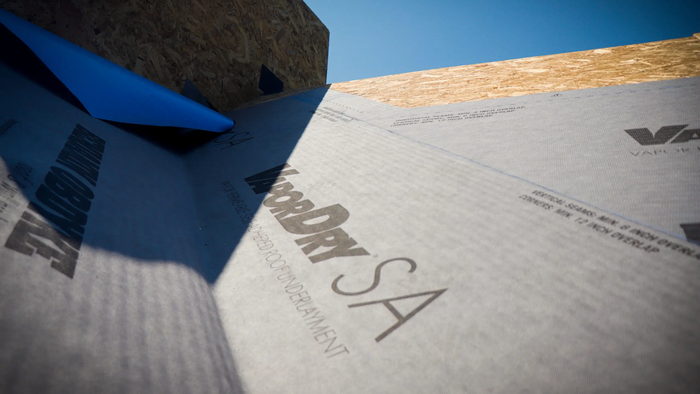You can talk about values and culture all you want, but you better believe your actions speak much, much louder than your words.

I turned 60 years old a few weeks ago, and milestone birthdays tend to inspire reflection.
I've worked since I was about 10 years old mowing lawns, delivering papers, and bagging groceries, and I, like most of you, did all those dirty jobs that young people have to do so they may learn how to work.
If I could distill what I’ve learned in 50 working years into one very succinct lesson, what would it be?
The main thing that I can impart to you is this: Life is too short to put up with toxic or rotten people!
How would you know if someone with whom you work is a toxic personality?
I think there are three signals.
First, do they exhaust you? Do you leave interactions with those people angry, frustrated, dejected, or feeling diminished?
Second, are they “energy vampires?” Do they suck the life out of you when you interact with them? Do you engage with them?
Third, are they always surrounded by drama? Do others complain about them? Do your customers complain? Are they always swirling in new controversies, feuds, or perceived slights?
How does all this relate to the construction business?
I think a quote from American Lawyer magazine by Aric Press will make that clear.
He, of course, was writing about law firms, but this sentiment can easily apply to construction companies.
"Ask yourself this question, ‘why do we put up with toxic behavior?’ If the answer is 2,500 billable hours, at least you will have identified your priorities without incurring the cost of a consultant," Press wrote.
That’s a profound observation!
When Press uses the term “priorities,” I think he is talking about values and culture.
If you value that your people get their jobs done on time and on budget, but you don’t really care about how they treat each other in doing so, that demonstrates what you truly care about much more than anything you dreamed up in a mission statement or the platitudes you plastered on your walls.
You can talk about values and culture all you want, but you better believe your actions speak much, much louder than your words!
What do toxic people cost your company?
The hard dollars are probably easy to measure, but you also must factor in things like lost time, reduced cooperation, lower workplace harmony, higher turnover, and especially reduced psychological safety.
Psychological safety simply means that your employees don’t embarrass, punish, or reject others when they speak up.
Toxic people cost you because others—especially high performers—don’t want to put up with angry, troubled, and/or difficult people at work.
In so many construction companies, there are project managers or foremen or superintendents who hang around because they bring their projects in on time and on budget irrespective of their personalities and how they contribute to (or detract from) your company culture.
Think about your incentive system, for example.
You say to your people they can make more money and enhance their financial well-being by doing this small set of things, and the incentives are almost always weighted to hard measures like budget, profitability, and schedule.
They’re almost never weighted towards how a manager treats his or her people, how he treats customers, or how he contributes to the culture. If your incentives are all weighted towards numbers and not oriented towards your values, that may say an awful lot about your company’s priorities.
If you have an employee that you've identified as toxic, what do you do?
There are really only two things you can do.
First, you must try to rehabilitate the individual, and that starts with you.
Evaluate your own thoughts and feelings.
Then try to communicate to the employee in a better way.
Why is it important to fit in with the company's values and culture, and why is that just as important, if not more important, than bringing in jobs profitably?
What if you simply cannot help the worker towards a better path?
What do you do then?
You need to apply tough love.
That person might be much better off in another workplace.
They'd be happier working in a culture where they fit in using their “unique methodologies,” if you will.
And you’re going to breathe a sigh of relief when that element is no longer a part of your company.
Life is too short for toxic people.
About the Author(s)
You May Also Like




